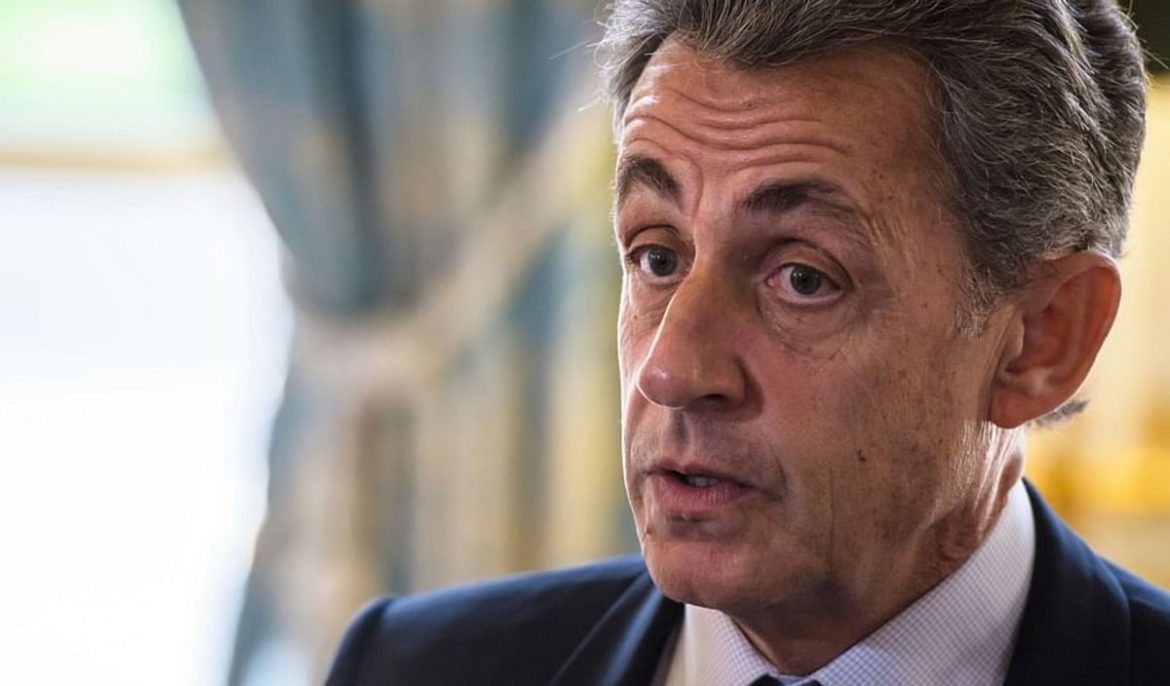A court has found a former French President, Nicolas Sarkozy guilty of corruption and influence peddling and sentenced the former French president to three years in prison with two of them suspended.
The former president was said to have forged a “corruption pact” with his lawyer and a senior magistrate.
Judges said there was “serious evidence” of collaboration between the three men to break the law. The court had heard how Sarkozy instructed his lawyer, Thierry Herzog, to offer the magistrate a cushy job on the Côte d’Azur in return for information on a separate investigation centred on the rightwing politician.
It is unlikely the former president will spend a day in jail. The one-year prison sentence can be served with certain conditions, including the wearing of an electronic bracelet, or limited home confinement.
Sarkozy is expected to appeal against the conviction.
The verdict, delivered on Monday afternoon, will quash Sarkozy’s hopes of returning to public life in time for next year’s presidential election. His centre-right Les Républicains party has been struggling to come up with a credible candidate since Sarkozy’s former prime minister François Fillon was engulfed in scandal during the 2017 presidential race, opening the way for Emmanuel Macron to win.
The verdict was announced in shocked silence in the Paris court. The three men left the building without making any statement. Judge Christine Mée, the president of the tribunal, said there was serious evidence of a “corruption pact” between Sarkozy, Herzog and the senior magistrate Gilbert Azibert. Herzog and Azibert were given similar sentences.
The case, based on telephone taps, became known as the “Bismuth affair”; Paul Bismuth was the name the former president employed in connection to two burner telephones used to communicate with Herzog.
Sarkozy had repeatedly denied the accusations of wrongdoing and spent years attempting to have the charges thrown out and the case dismissed. Herzog argued the recorded conversations between him and Sarkozy were covered by client-lawyer privilege and could not be used as evidence.



